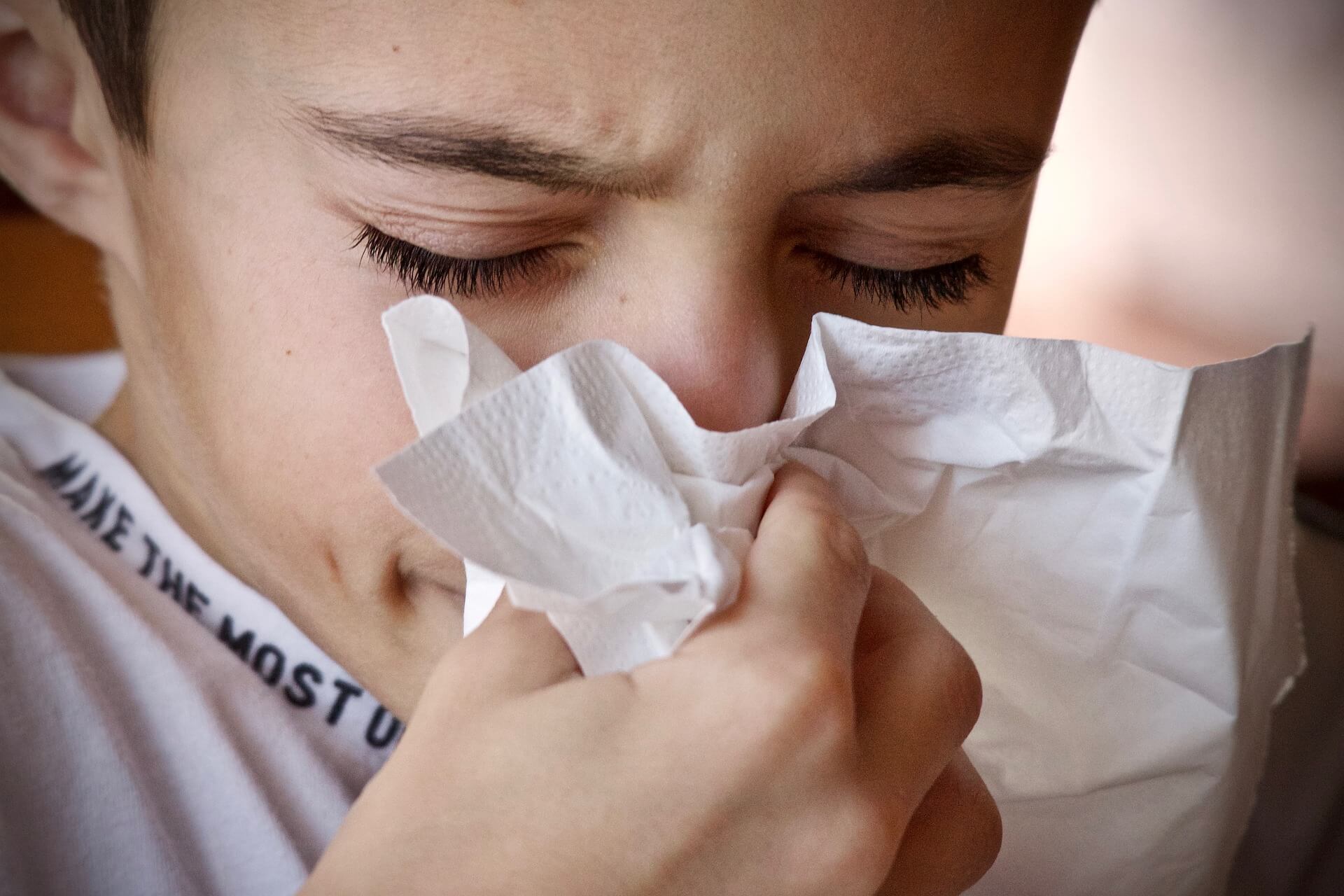
How to deal with Food Intolerance
Delve into the nuances of food intolerance, distinguishing it from allergies, and understand common intolerances like lactose and gluten. Explore the symptoms, implications, and possible treatments, all while differentiating between intolerance and coeliac disease.




